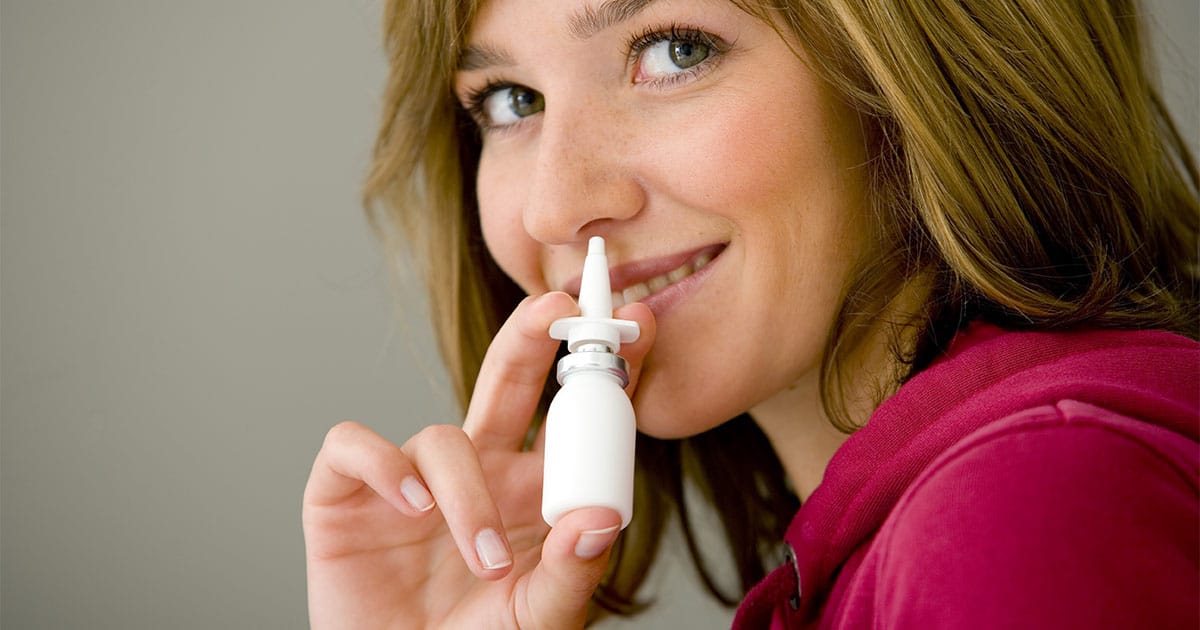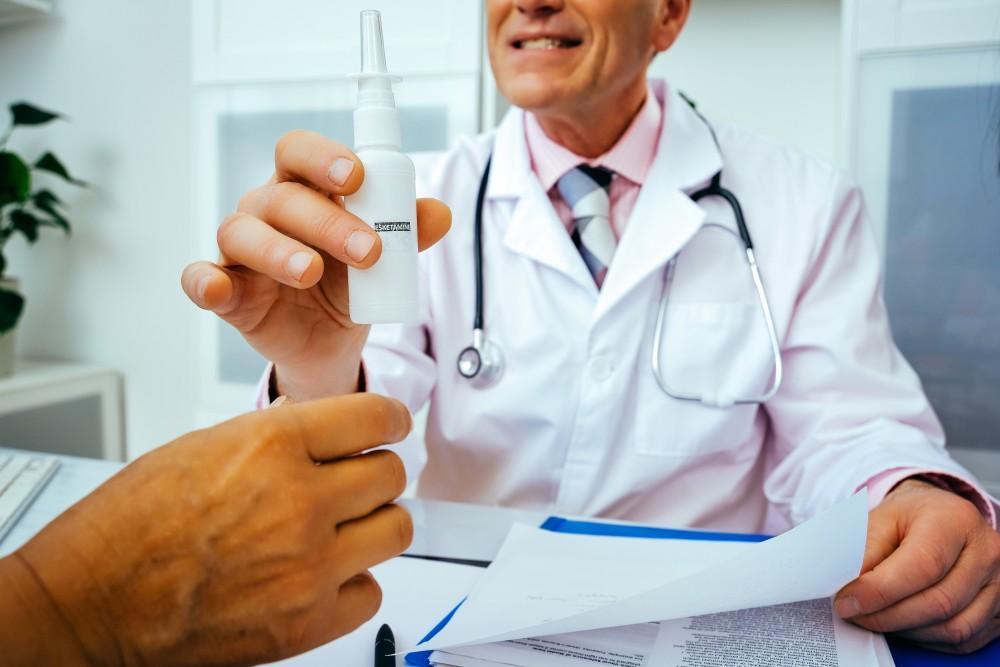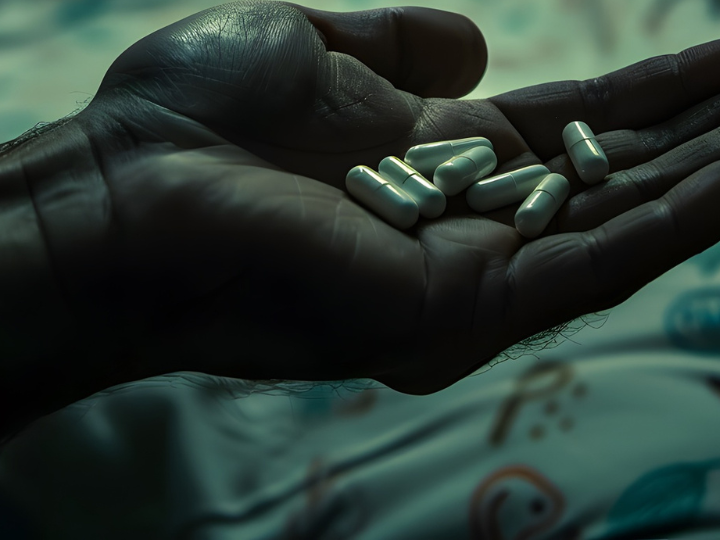Many people fear nervousness or fear occasionally but, anxiety is more than simple worry or fear. It is a persistent and ongoing struggle that interferes with your day-to-day life. Symptoms begin as early as childhood and continue into adulthood for many who struggle with anxiety. There are several types of anxiety disorders, each producing a range of symptoms. Some of these symptoms are common in most types of anxiety, whereas others are specific to the unique diagnosis.
What is Anxiety?
The Diagnostic and Statistical Manual of Mental Disorders (DSM) lists several types of anxiety disorders. The five most familiar people include social anxiety disorders, phobias, generalized anxiety disorders, and separation anxiety. It is possible to have one or multiple anxiety disorders. Regardless of the type of anxiety you struggle with, it is essential to seek professional help at a treatment center to safely overcome anxiety and leave treatment with the tools and skills necessary to cope with triggers without turning to substances.
According to the National Alliance on Mental Illness (NAMI), anxiety disorders are the most common illness in the United States. Data shows that as many as 19% of the 40 million adults over age eighteen struggle with anxiety. Like addiction, anxiety disorders are treatable, yet few of those who could benefit from treatment ever seek or receive the help they need. The Anxiety and Depression Association of America (AADA) estimates that less than 37% of people with anxiety disorders get treatment.
What are the Symptoms of Anxiety?
Unlike diabetes or the flu, anxiety is not a singular condition. It is a group of related conditions with common and unique symptoms. The most common symptom experienced across all anxiety disorders is persistent and excessive fear in generally not threatening or dangerous situations.
Someone who struggles with anxiety will experience a broad range of physical and psychological symptoms. Common symptoms seen in most types of anxiety include feelings of dread, irritability, restlessness, and feelings of jumpiness or being tense. Anxiety also leads to hypervigilance. Hypervigilance is a state of always being “on the lookout” for danger or harm, even when it is unlikely to exist. Physical symptoms of anxiety will frequently include a racing heart, fatigue, difficulty sleeping, shortness of breath, sweating, stomach problems, and frequent headaches.
Signs of Anxiety
Although many aspects of anxiety disorders relate to internal struggles only you can feel, there are a range of outward signs others may notice or you may notice in a friend or loved one. Common physical symptoms of anxiety may include rapid breathing, shaking, sweating, hair loss, lack of energy, fainting, and frequent stomach problems.
The psychological or emotional signs of anxiety may be harder to see from the outside. However, if you are worried a friend or loved one is struggling with anxiety, you may notice they “seem” different. Perhaps someone who was happy now seems fearful, distant, or moody. Also, you may notice your friend or loved one struggles to focus and often seems to overthink things or struggle to concentrate on day-to-day tasks. You may also notice changes in their appetite or sleeping patterns.
Finding Addiction and Mental Health Treatment Near Me
When you struggle with both a mental health condition, such as anxiety, and alcoholism, it is called a dual diagnosis or co-occurring disorder. Some statistics show that as many as half of those who struggle with a mental illness also experience symptoms related to a substance use disorder. Dual-diagnosis conditions such as alcohol addiction and anxiety share many overlapping symptoms. The best opportunity for recovery is to choose a treatment program specializing in dual diagnosis treatment. When you struggle with anxiety, simple day-to-day situations or obligations can be triggering. Learning to manage triggering places, people, or events without using alcohol is a vital part of recovery. Learning about and how to use healthy coping strategies to handle triggers is an essential part of ongoing recovery and relapse prevention. If you struggle with alcoholism and anxiety, seeking help at a skilled dual-diagnosis treatment center is a vital part of your successful recovery. Contact us today if you would like to learn more about how the team at Relevance Recovery can help you start your recovery journey.









